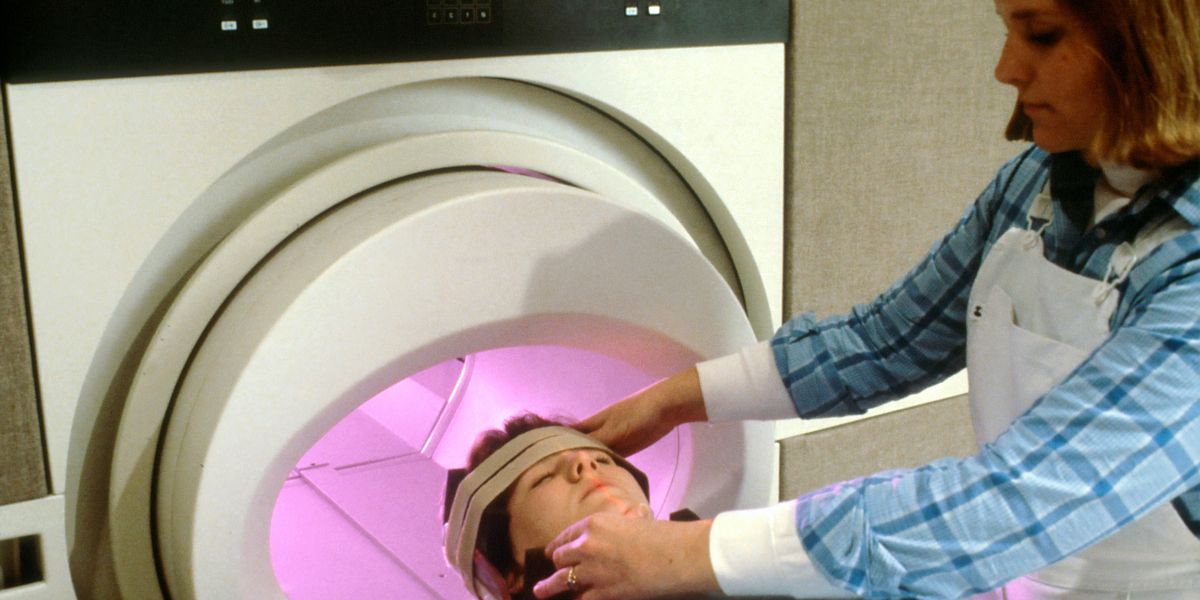According to the Brain Injury Association of America, around 2.8 million Americans sustain a brain injury every year. Additionally, over 5 million people are living with a disability that resulted from a traumatic brain injury. This is around 1 in every 60 Americans.
After a brain injury, things can quickly get medically, legally, and financially complicated. Instead of handling a claim alone, consult an experienced attorney for brain injury compensation. Here are reasons why brain injury cases are far more complex than other personal injury claims.
Brain Injuries Are Not Always Obvious
Brain injuries are not always visible. For instance, you cannot look at a person and immediately tell that they have a concussion. In many cases, victims end up experiencing symptoms like dizziness or memory loss days later after an accident.
These delayed symptoms can create major problems in legal cases, especially if you did not seek medical evaluation immediately after an accident. Insurance companies may argue that your injuries were not related to the accident. Proving a brain injury requires clear documentation and a timeline that connects the dots between the accident and the symptoms.
Diagnosing and Treating Brain Injuries is Complex
Unlike other injuries, like fractures that can be diagnosed by a simple X-ray, brain injuries require MRIs and CT scans. Even after all these tests, some damage may not be seen. This does not mean the victim is fine or that the hospital did not play its part. It just shows that the brain is trickier to understand.
Treatment can also vary, and every patient’s recovery journey looks different. One person might recover in a few weeks, while another one may deal with symptoms for years or, sadly, for life. A victim’s recovery journey may include cognitive therapy, speech therapy, and neurological care.
Long-Term Consequences Can Be Life-Changing
A brain injury can alter many different aspects of your life. Many victims struggle returning to work or managing everyday tasks, like just wearing their clothes. Simple things like concentrating, speaking clearly, or managing emotions such as anger can be very overwhelming.
This makes calculating damages more complex. Apart from immediate medical bills, you must deal with estimating lifelong care, lost or reduced future earning potential, and permanent loss of quality of life. Insurance companies often try to settle quickly to avoid paying what is truly fair.
Proving the Full Impact in Court Takes Serious Work
Another major challenge is proving how much a brain injury has affected your life. Defense attorneys often try to downplay the effects, especially if medical scans do not show obvious trauma. Insurers may claim that they are exaggerating or that their symptoms already existed.
This is where an expert witness’s testimony comes in handy. Neurologists and life-care planners may be required to explain the effects of the injuries in a clear way that the jury and judge can understand. This level of legal preparation requires more involvement than when dealing with visible injuries like a broken arm or sprained ankle.
The Emotional Toll Can Be Ignored
Brain injuries come with emotional and psychological symptoms. Victims may experience depression, anxiety, irritability, and personality changes. These effects can be hard to explain and even measure in court.
When a person’s personality changes or shifts, a victim will be unable to handle daily stress. This impacts their family, career, and relationships. But because there are no visible scars, it is easy for these effects to be overlooked or dismissed during legal battles.
Conclusion
Brain injuries are the most complicated in personal injury cases. When it comes to handling such cases and getting compensation, a deep understanding of medicine, expert testimony, and a well-planned legal strategy is required. Therefore, in brain injuries, justice means uncovering every hidden detail.
Disclaimer: The information provided in this article is for informational purposes only and should not be construed as legal or medical advice. For guidance on specific cases or concerns related to brain injuries, it is recommended to consult with a qualified attorney or healthcare professional. Results in legal matters may vary depending on individual circumstances.






